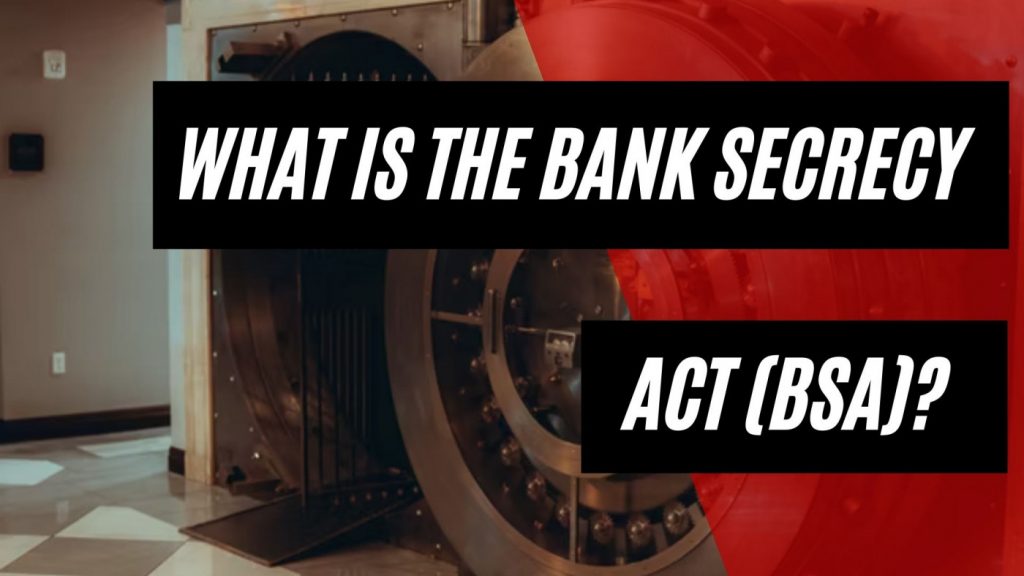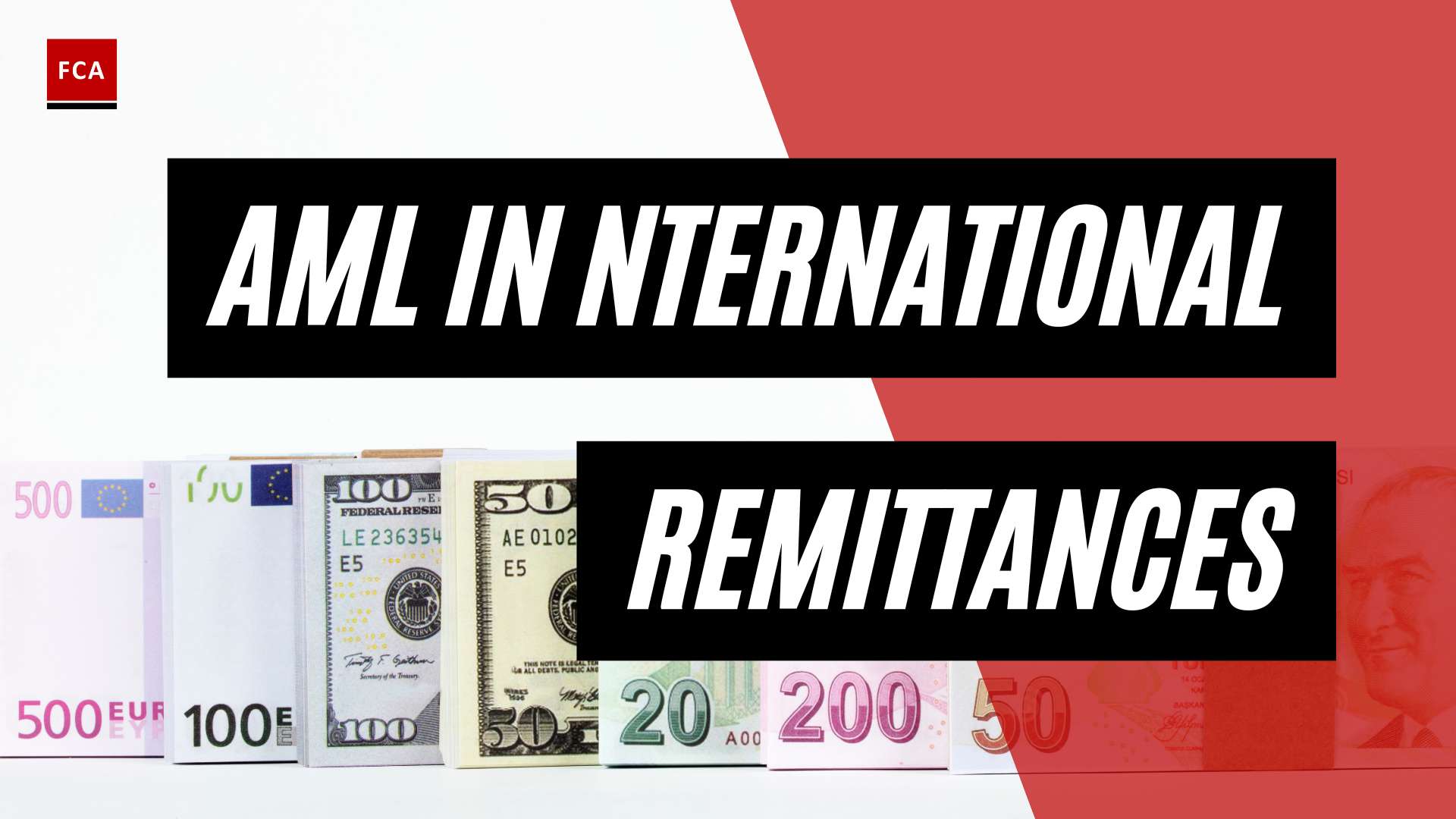The Bank Secrecy Act (BSA) is the most important regulation in the United States when it comes to money laundering. The rule requires all financial institutions and banks to make sure that all the obligations of a compliance program are being met and followed as required by the law.
Table of Contents
- Key Takeaways
- Introduction
- Bank Secrecy Act Compliance: What You Need To Know
- AML Compliance Program
- Reporting & Record Keeping
- What Is The Importance Of Bank Secrecy Act Compliance?
- Summary
Key Takeaways
- The Bank Secrecy Act (BSA) is the most important rule related to money laundering in the United States of America.
- BSA ensures that not only money laundering is being fought but also that the financial institutions and banks are using the right tools to apply the rules effectively.
- The purpose of following BSA compliance is to make sure that small organizations and financial institutions are being protected against money laundering red flags.
Introduction
The Bank Secrecy Act (BSA) was introduced in the year 1970. According to this act, the banks and financial institutions within the USA were to work with the government to fight crimes like money laundering, fraud, and a lot more. The prime concern of the BSA is to prevent financial crimes like money laundering, terrorist financing, and fraud. It is also known as the ‘Currency and Foreign Transactions Reporting Act.
Bank Secrecy Act Compliance: What You Need To Know
To make sure that the BSA compliance is running smoothly, a bank or any other financial institution must make sure to follow a set of rules and regulations that require reporting to the authorities in order to build effective money-laundering controls internally. This procedure involves several considerations such as:
AML Compliance Program
Following are the key elements of an AML compliance program that should be taken care of in order to minimize the risk a financial institution faces:
- Internal systems and controls: An AML compliance program should be built based on authentic procedures and policies that should be designed to help the employees of a financial institution to expose any financial criminal activity.
- Compliance Officer: The role of a compliance officer is to make sure that the development and implementation of the AML compliance program in their financial institution are running smoothly and also detecting red flag AML successfully.
- BSA Training: It is essential to provide the basic knowledge and training of the BSA-AML compliance program. This is the responsibility of specific employees to make sure advanced training is being given.
- Independent audits: To make sure that the AML program is running smoothly, a schedule for independent audits must be set up.
Reporting & Record Keeping
There are a number of filling and reporting obligations involved with BSA that relate to FinCen, that are related to certain risk profiles. These obligations are as follows:
- Currency Transaction Reports (CTR): The CTRs are to be filed for transactions that exceed $10,000 in cash. This rule is set only for the exchange of money that is physical between persons like paper and cash.
- Form 8300: Form 8300 must be filed by specific businesses that are more likely to receive a cash transaction of $10,000 in a single or multiple related transactions within the timeframe of 24 hours. These businesses are insurance firms, car dealerships, art galleries, and a lot more.
- Suspicious Activity Reports (SAR): SARs are used when there are transactions suspicious of violations of BSA and other terrorist financing activities. These may aggregate exceeding $5,000. They are to be reported in the Suspicious Activity Report.
- Foreign Bank and Financial Account Report: This is a filing requirement for people who hold foreign bank accounts exceeding $10,000. It is done annually. It is important for the individuals filing on behalf of the account holder to register as an institution for the FBRAR.
A wide number of FinCen reports are to be filed electronically by using the BSA e-Filing system. An organization can apply to FinCen requesting a username and password before using the system.
Additionally, detailed records of the suspicious activities must be kept by the financial institutions such as travelers, cashiers’ checks, a bank, and many others from $3,000 – $10,000. The identities of the respected purchases must be mentioned in the log and a record of their transactions shall be mentioned as well.
What Is The Importance Of Bank Secrecy Act Compliance?
By following the BSA compliance, a bank or any other financial institution displays its dedication to helping law enforcement organizations to deal with financial criminal activities that become a cause of bigger problems and injustice.

A penalty of $10,000 can be implemented to BSA violators and it could go up to $200,000 for more serious infractions comparatively.
Summary
The Bank Secrecy Act is there to protect financial institutions from financial crimes like money laundering, frauds, and others. This set of rules and regulations is designed so that an organization unites together and uses its unique strategies to implement steps that help in fighting financial crimes.








